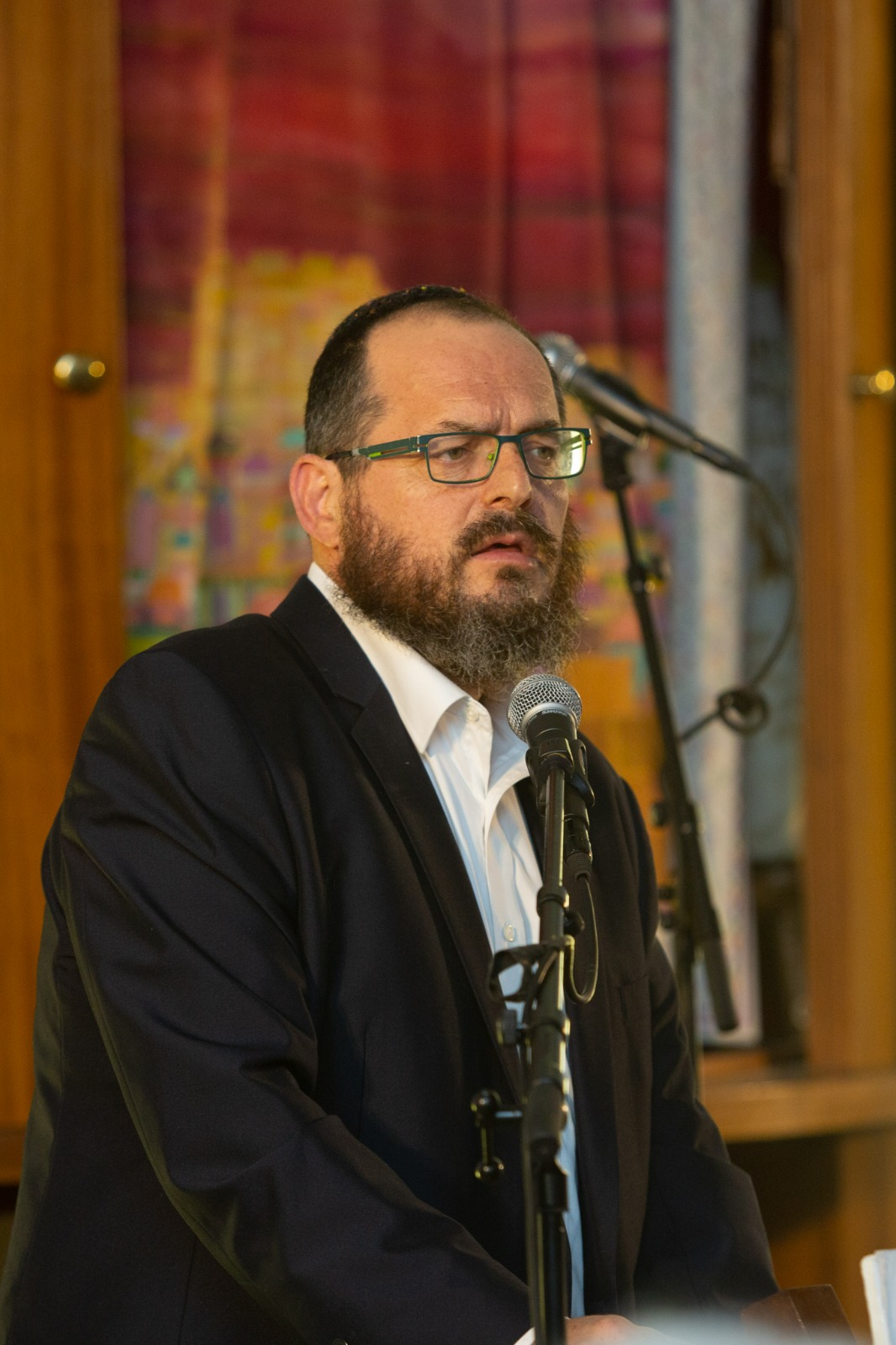
To the State of Israel and all its inhabitants,
Beloved country, I was born when you were young. Both my parents yearned for you and were lucky enough to come to you from Europe. They would have been happy if you were established earlier and could have protected them from antisemitism and cruelty, which at the peak turned into the Holocaust. My entire family went through the Holocuast and my grandfather remained behind, only to be murdered by the Nazis and their collaborators. I am afraid that only such a terrible catastrophe rushed your birth.
That is how you arrived to the world, nominated to be as a shelter, as a hiding place, as a foundation of hope. This dramatic birth story is present within you until today. Somewhere along the way, although for 2000 years Jewish people all over the world prayed for you, despite the Zionist congresses and impressive Zionist thought that was written and published, somehow you remained mainly a country of the Jews, a place where every Jew can come home to. But, you postponed dealing with the question: what does it mean to be a Jewish State?!
Now, 75 years later, I wish for us all to try and figure out how we can design a country that is attentive to Jewish values, such as: loving the stranger, love and kindness, humility and justice. A country which understands that its central covenant must include everyone, because human diversity is something we thank God for and live our lives accordingly.
The values I ask to emphasize while thinking about the meaning of a Jewish State are controversy and complexity. Controversy is a basic value in Jewish discourse. It can be found in the Mishna, Talmud, and any other Jewish scripture. Complexity and controversy acknowledge the fact that we don’t necessarily need to agree on a joint mission. But, when we want to build something together, we must understand and shape things with powerful listening, acceptance, and the will to balance the tension between different opinions and ways of looking at things. Through a colorful lens, which understands that different values require profound and balanced observation, while making room for other opinions, as well.
It is accepted to say that each controversy for heaven’s sake will tend to exist. Looking deeply into controversy reminds me of the need to celebrate complexity, according to the teaching of Rabbi Joshua Ben Korha, who said: “It is a mitzvah to follow truth and justice. Judge at your gates, because in every place where there is real justice, there is no peace. And every place that has peace does not have real justice. But, which peace has real justice in it?” (Sanhedrin 6b)
Rabbi Joshue Korha knows the tension between peace and truth, as well as the tension between truth and justice. Instead of choosing one of them, he tries to suggest a model of duality, this and that, a model that mixes the truth and the peace together. It seems there are many diverse tribes in this land, for whom the path of controversy and complexity, that of listening to other opinions and different values, are proper foundations for a Jewish State. I often need to remind myself of the miracle that is the State of Israel, and thank all those who brought us here, to a reality in which there is a country for the Jews in the land of Israel. I want to keep up the hope and do our best to develop and to be a place which values controversy and happy by it.
With love,
Rabbi Avi Novis-Deutsch


Rabbi Avi Novis-Deutsch has been a conservative Rabbi for twenty years. Since 2015, Avi has served as the dean of the Schechter Rabbinic seminary. He is a member of Kibbutz Hanaton and a Ph.D student in Talmud at Tel Aviv University. Avi served as a congregational Rabbi in Kfar Vradim and in Jerusalem, after 8 years in Orthodox Yeshivas.